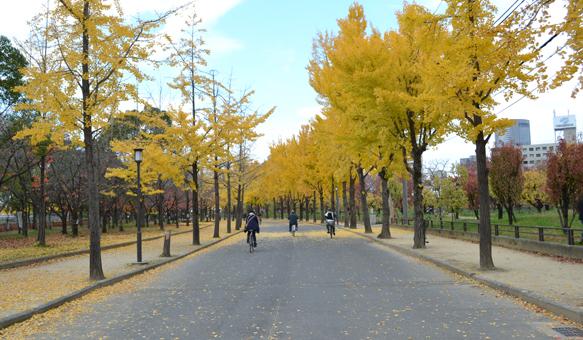Students can earn six credits in PSC 321, which will focus on the issue of nuclear weapon proliferation and how it affects peace policies.
When the U.S. dropped bombs on Hiroshima and Nagasaki at the end of World War II, Japan became the only country to experience a nuclear bombing. Through a tour of the Hiroshima Peace Memorial Park, students will examine nuclear weapon proliferation through the lens of those who have been directly affected.
“It’s an emotional experience,” said Derrick Frazier, director of graduate studies. “I’m not an overly emotional person, but being there and having that experience was the most fulfilling.”
Frazier will lead the first trip.
The trip partners with nearby universities to bring in experts on the subject of international relations and survivors of the bombing to tell their stories.
Allen Rotter, a graduate student studying political science, has visited Japan extensively and worked directly under Frazier.
“Dr. Frazier is one of those rare professors who cares about his students,” Rotter said.
The trip starts in Tokyo, the most populous city in Japan, where both Frazier and Rotter said the local cuisine is delicious.
“The food is outstanding,” Rotter said. “You can go into the dirtiest looking, hole-in-the-wall dive place and it will be the best food you’ve ever tasted.”
With the U.S. increasingly focusing on Asian affairs in politics and international business, students of all majors have much to gain from exploring Japan, Frazier said.
“Students will come out not deciding whether nuclear weapons are good or bad, but having a broader, more in-depth context with which to make that decision,” he said.
The trip is offered twice, in the May Interim and Summer I session. The deadline to apply is March 25.









